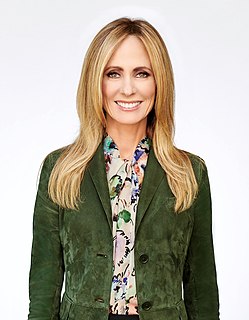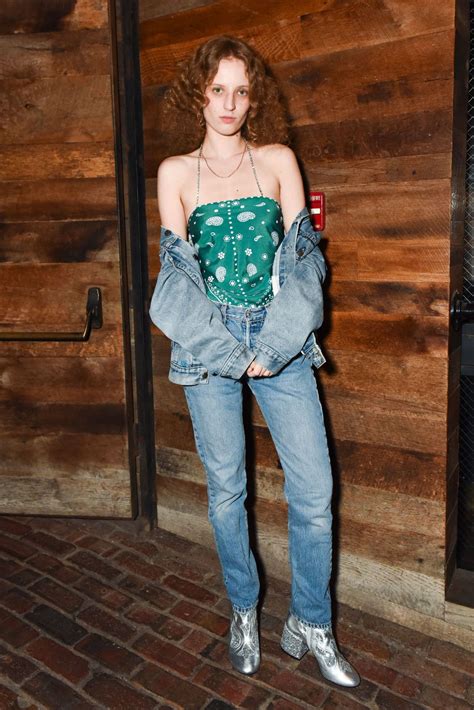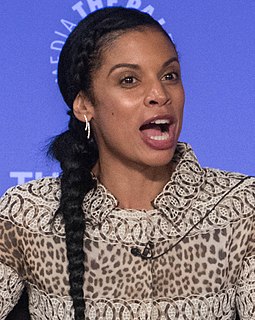A Quote by Dana Walden
A director has to be on the set when the crew is called and is the last one to leave at night. I'm not saying it's not possible, but that's partly why we're not seeing more women.
Related Quotes
I have my set rigged with the biggest sound system possible and have a mini jack for my iPod attached to my director's chair. I find playing music is a very direct way to communicate with actors and the crew, especially those crew members who are on the periphery of the set. I like dancing on set too, it's a good way to release tension.
Women have entered the work force . . . partly to express their feelings of self-worth . . . partly because today many families would not survive without two incomes, partly because they are not at all sure their marriages will last. The day of the husband as permanent meal-ticket is over, a fact most women recognize, however they feel about "women's liberation.
To go into more specifics regarding actors, whether they're from Korea or the U.S., all actors know if they are loved by the director. When they feel that love from the director, they respond by giving a great performance on camera. Also, everyone on set - the crew, the actors - they were aware of the film's message and its broad theme, so these big issues were never discussed on set.
I feel like fashion is becoming more inclusive, partly because the industry is finally getting that beauty exists in so many ways, and partly because thanks to Instagram, girls can create their own images, or remix images they're seeing in magazines and fashion shows, in ways that weren't possible before.
In books, day breaks, and night falls. In life, night rises from the ground. The day hangs on for as long as it can, bright and eager, absolutely and positively the last guest to leave the party, while the ground darkens, oozing night around your ankles, swallowing for ever that dropped contact lens, making you miss that low catch in the gully on the last ball of the last over.
What I find interesting and heartening, though, is that there does seem to be a shift in the subject matter being written about by women that is doing well in the culture. We're seeing more women writing dystopian fiction, more women writing novels set post-apocalyptic settings, subjects and themes that used to be dominated by men.



































